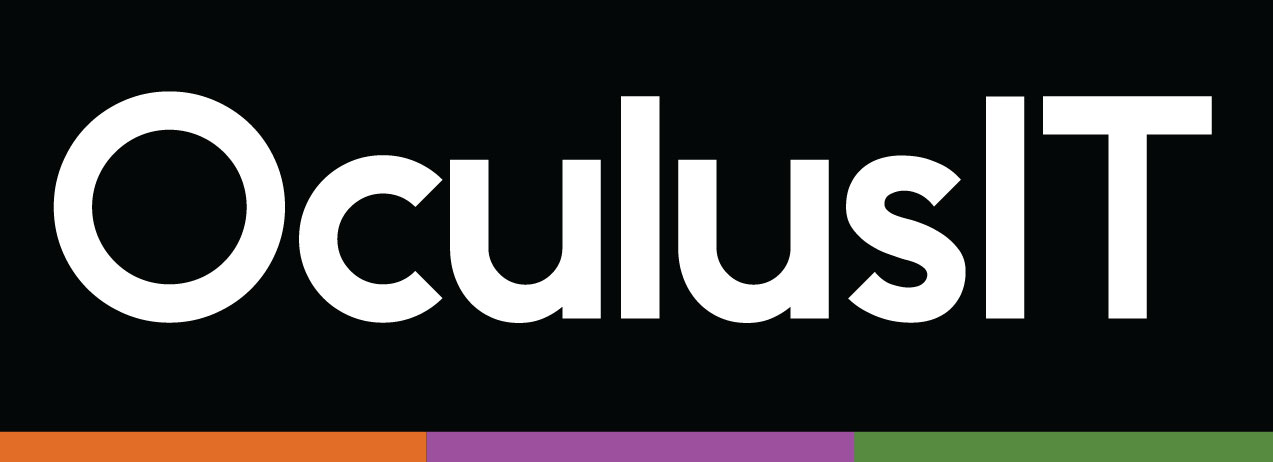
Don’t Skip the Basics: Cybersecurity Essentials for Back-to-School Success
Sept 14, 2023
As the back-to-school season rolls around, higher education institutions across the world are once again bustling with activity. Students are returning to campus, faculty members are preparing their courses, and the excitement of a new academic year is palpable. However, amidst all the anticipation and energy, one critical aspect that should not be overlooked is cybersecurity. Ensuring the safety of digital assets and data is essential for a successful academic year.
Therefore, through this blog, the cyber security team at OculusIT focuses on the fundamental cybersecurity practices that institutions should reinforce as students and faculty return to their routine works.
The Digital Age in Education
In today’s schools and colleges, technology is really important. From online courses and digital research to administrative tasks and communication, universities and colleges heavily rely on digital platforms. While this digital transformation has brought immense benefits, it has also made educational institutions prime targets for cyberattacks.
Higher education institutions house a treasure trove of sensitive information. This includes student records, financial data, research findings, and intellectual property. The value of this data to cybercriminals cannot be overstated. Unfortunately, many institutions still underestimate the importance of robust cybersecurity measures.
Reinforcing the Basics:
To fortify the digital defenses and promote a culture of cybersecurity, educational institutions should focus on the following fundamental practices:
- Implementation of Strong Security Policies: Develop and enforce comprehensive security policies and procedures that cover areas like data protection, password management, and acceptable use.
- Strong Password Policies: Encourage the use of complex, unique passwords for all accounts and implement multi-factor authentication (MFA) wherever possible to add an extra layer of security.
- Regular Updates and Patch Management: Ensure that all software, including operating systems and applications, is regularly updated with security patches.
- Data Encryption: All sensitive data, especially personally identifiable information (PII), should be encrypted, both in transit and at rest.
- Network Security: Implement robust firewalls and intrusion detection systems to monitor network traffic for unusual activities.
- Incident Response Plan: Develop and regularly test an incident response plan to ensure timely and effective responses that mitigate the impact of breaches.
- Access Control: Implement the principle of least privilege by regularly monitoring and auditing user access to ensure they have access only to necessary resources.
- Regular Backups: Having regular back up of critical data is important.
- Third-Party Vendors and Services: Vet the cybersecurity practices of third-party vendors like OculusIT who can ensure the adherence of best cybersecurity practices.
- Continuous Monitoring and Auditing: Implement continuous monitoring solutions to detect and respond to threats in real time.
Empowering Education: Stay Secure with Managed Security Services
While these fundamental cybersecurity practices are essential, they can be challenging too. This is where Managed Security Services, like those offered by OculusIT, come into play. Managed security services provide 24/7 monitoring, threat detection, and response capabilities. They bring a wealth of experience and specialized knowledge to the table, helping universities stay one step ahead of cybercriminals.
Conclusion
As students and faculty start a new academic year, cybersecurity must be a top priority. Emphasizing basic practices is crucial for data protection, reputation, and a successful educational environment.
Connect with our cybersecurity experts to learn how the best practices in cybersecurity can be ensured within your higher ed institution. Click here!
Recent Articles






